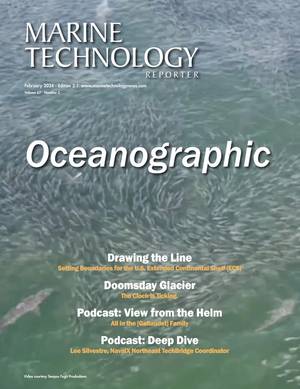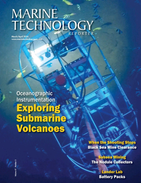Scientists Study Glacial Retreat in Chile
Due to climate change the Gualas Glacier in the Patagonian area of Chile has seen dramatic melting over the past century. Due to climate warming and decreased snowfall to replenish the glacier, it has retreated 5.5 miles over the past 110 years with 1.7 miles just in the past 25 years. The international team has found some interesting information. The scientists extracted a 50-foot-long core of sediments that had settled on the seafloor after being run over by the glacier into a fjord over the past 5,400 years. Researchers analyzed the sizes of particles and the concentrations of chemical elements in the sediments, evidence they used to reconstruct when the glacier had advanced and retreated. The researchers then compared their glacial timeline with other records from nearby fjords and lakes not affected by the glacier’s runoff. Organic compounds preserved in fjord sediments provided a record of past ocean temperatures. Pollen counts in lake sediments indicated times when vegetation, and therefore precipitation, had changed in the past. Collating all the data, the scientists discovered that the glacier shifts corresponded with trends in precipitation levels, not with temperature changes. After comparing historical observations from early explorers the interpretation of the geological/sediment records were confirmed. The importance of understanding glacial retreat is important. Glaciers hold frozen water that would otherwise raise the sea levels. They are also an important source for agriculture and drinking water. Further research will be conducted to reconstruct glacial histories around the world. There is a general consensus within the scientific community that global warming is at least partly due to the enhanced greenhouse effect as a result of the burning of fossil fuels since the Industrial Revolution. It is not clear yet how much of this warming is attributable to anthropogenic greenhouse gases as compared to warming due to natural climate variability since the Little Ice Age. The role of natural solar variability in global warming is also not clear.













 February 2024
February 2024



